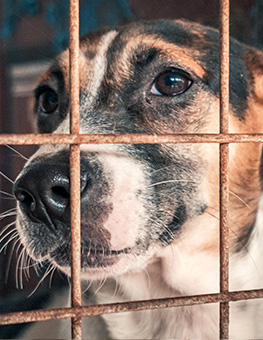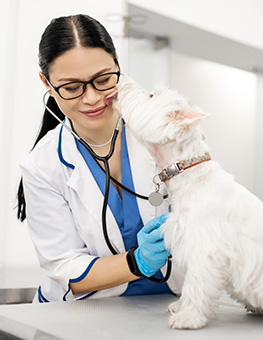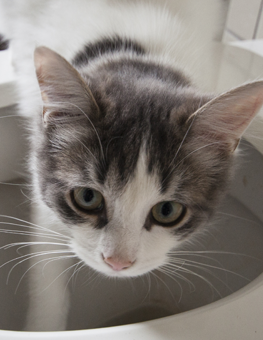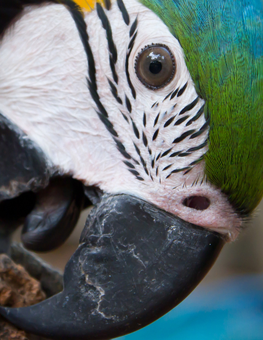Top 5 Wellness Improvements for Older Dogs
As your loyal companion continues gray around the face and slow down a bit compared to his or her younger years, there are a number of changes you should begin to make in your dog care routine.
Senior dogs have far more everyday needs than younger ones, and it's your job as a pet parent to ensure that your pet's health and overall wellness needs are met during his or her golden years. Here are a few changes you can make to your regimen that will pay immediate benefits for your senior canine.
Prepare for bi-annual dog wellness checks
According to Dogster.com, once your dog reaches the age of eight or older, you should make regular trips to the vet to have blood work performed to search for any noticeable changes, as well as checks of vital organs and other proper physiological functions. Being mindful of your dog's current condition will pay huge dividends in stopping a potential health problem in their tracks early.
Examine your dog's nutrition
While you're at your wellness visit, this is a good time to talk about senior dog nutrition and what your dog requires to thrive throughout his or her golden years. Switching to a senior food diet is a great step in the right direction, as well as replacing hard bones and chew treats with natural snacks and softer products.
Use low-impact exercises
Dogs aren't as spry as they used to be when they reach old age, and potential injury is a concern for dogs if they overexert themselves. While regular exercise is necessary for older dogs, consider adjusting your routine to include some low-impact fitness techniques like swimming, balance exercises and going with several short walks instead of a long one.
Install comfort improvements
If your dog is having a tough time getting out of the car or going up stairs, building a series of small ramps can help him or her avoid putting additional strain on joints and prevent potential injury.
Keep up with your dental routine
One aspect of senior dog health that usually falters is the state of your dog's teeth and gums, and even a small case of gingivitis can wreak havoc on a canine's organs. According to PetFinder.com, dog owners should head to their vets for regular cleanings, as well as embarking on an at-home brushing regimen to prevent the buildup of plaque and tartar that could lead to more advanced health problems.
This content is provided by the pet wellness experts at Hartz. We know that adopting a dog or cat is a huge commitment, so we're here to help you feel confident and become the best pet parent you can be.



















